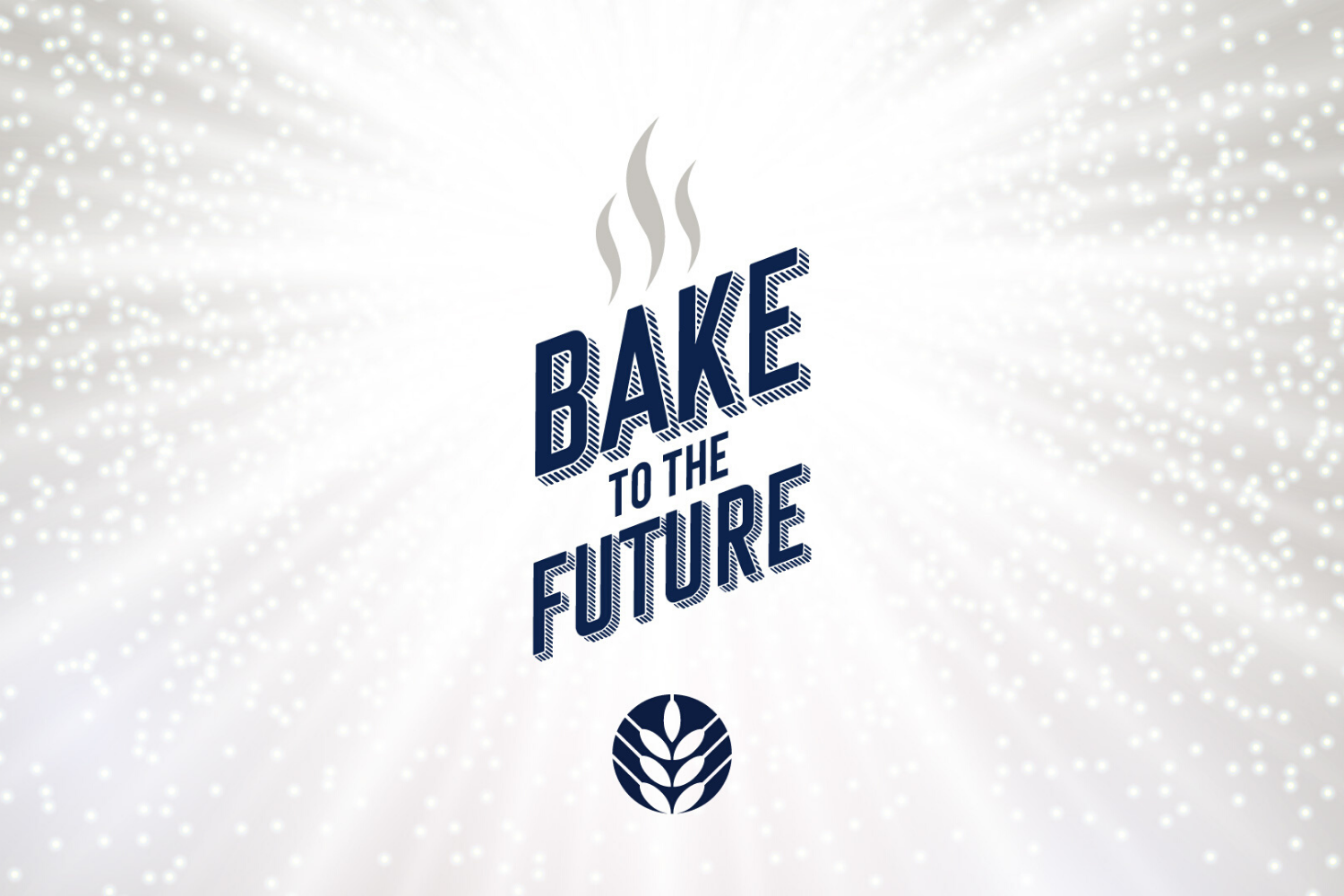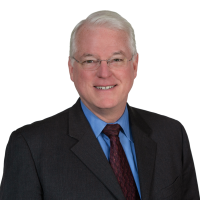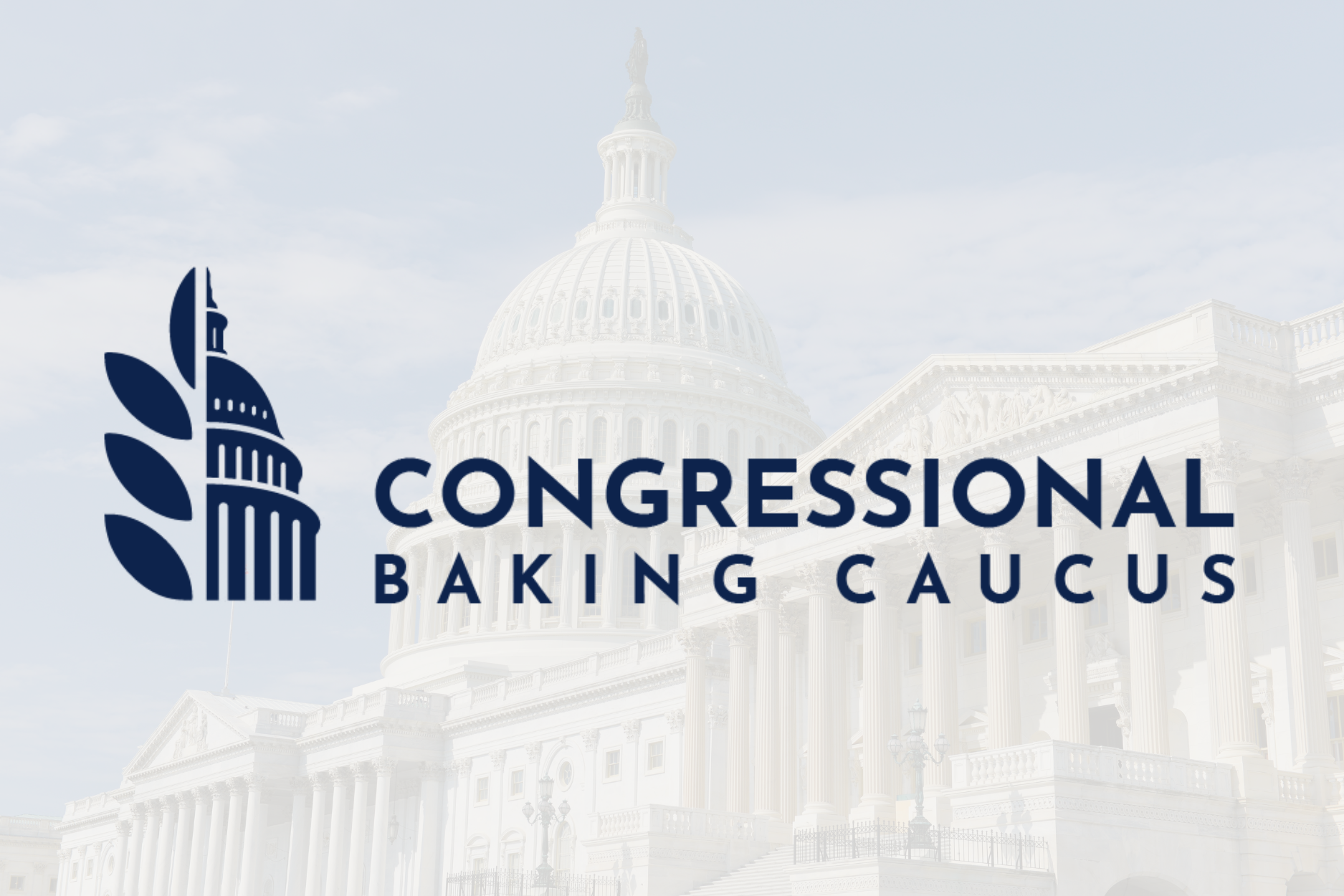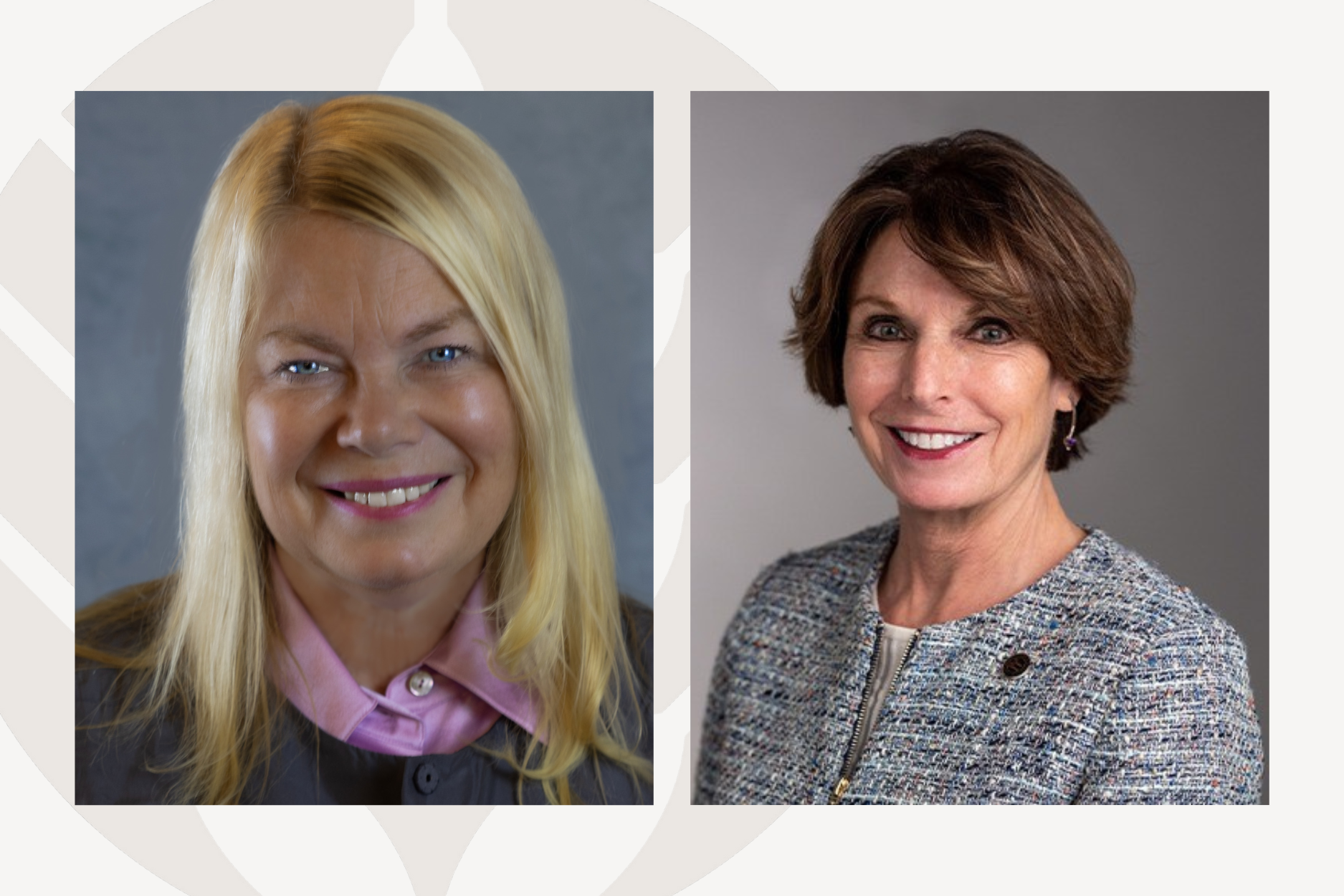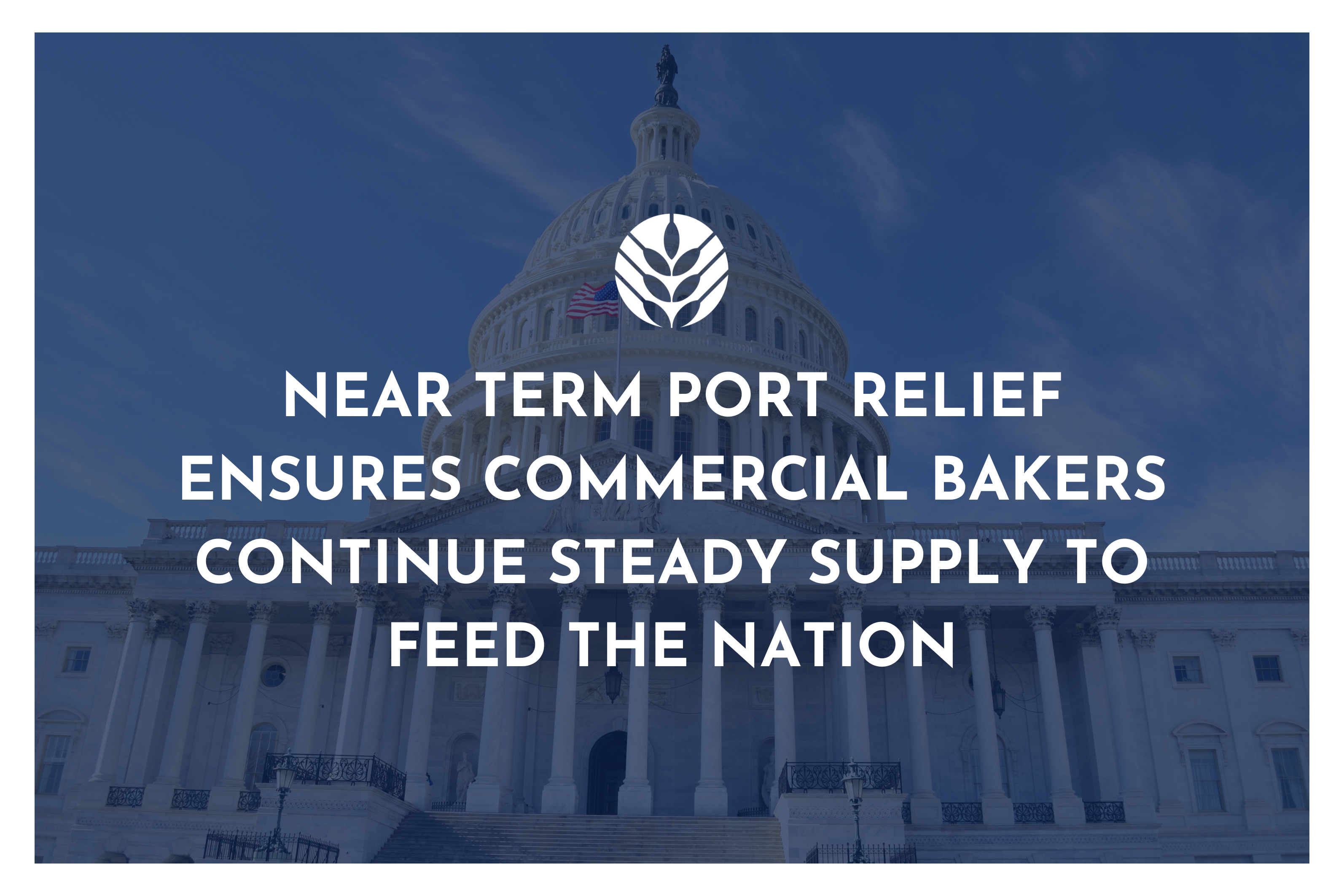From the moment the crisis erupted, Bill Paterakis and his Baltimore-based baking company sprang into action.
H&S Bakery is one of this country’s largest family owned baking companies, with affiliates including Northeast Foods and Schmidt Baking Co. Paterakis is President and CEO of the organization, which has bakeries in five states and distribution in 23 states.
Paterakis has led his teams in pulling out all the stops during the coronavirus pandemic. These efforts have included boosting production, meeting customer needs, serving communities, sharing best practices, and most importantly, keeping employees safe and motivated.
“Leaders have to provide leadership in a crisis,” said Paterakis, on American Bakers Association’s podcast Bake to the Future. “We needed to ease the fears of our staff and employees.”
Paterakis was joined by ABA’s Robb MacKie, President and CEO, who interviewed the baking leader and provided his own perspectives.
Staying Visible and Communicative
One of Paterakis’ early moves was to create a crisis task force to help stay ahead of quickly changing information around the country. He emphasized internal communications, creating a widely distributed video in which he addressed employees and relayed priorities. Another focus was making sure the company’s leaders, including his family members, were visible.
“My brothers and I visited most of our plants in order to be seen,” he relayed. “It became a real morale builder. We would walk through the plants, and people would smile at us because they saw that the boss was there and was willing to walk the floor and accept the risks as well.”
Prioritizing Employee Safety
From the start of the crisis, Paterakis emphasized safety for the organization’s 2,000 employees. This was supported by a wide range of initiatives that often went beyond official government guidelines.
These included:
- Hiring extra workers to provide continuous sanitation of facilities.
- Making early, proactive decisions to order employee masks and conduct employee temperature checks.
- Staggering work hours to help prevent people from congregating in common areas.
- Adding plexiglass shields to production lines where employees work very close to each other.
- Carefully tracking employee health status, including those testing positive, out sick, or back on the job.
Responding to Paterakis’ account of these strategies, MacKie said, “I just applaud you and your family for making sure that the employees came first before anything else. The number one goal was that the employees had to not only be safe, but feel safe.”
Paterakis said the company and its employees benefitted from being part of the critical infrastructure designation of the Department of Homeland Security. He thanked ABA and its food industry partners for pressing for that designation, which helped to ease operational hurdles and boost employee morale.
Retooling Production Lines
Huge spikes in consumer demand made it challenging for H&S Bakery to stay on top of production needs. As a result, the company, like many other producers, moved to retool lines, emphasizing SKUS in high demand at the expense of wider variety.
“This allowed us to increase our capacity by 10% to 15%,” Paterakis said. “We did everything we could to ramp up without burning out the employees and without burning out the equipment.”
Emphasizing Community Support
H&S Bakery has played a major community service role in helping to keep localities afloat during this crisis. This approach is consistent with the family’s longtime efforts to support charities and other good works programs in the Mid-Atlantic area, MacKie pointed out.
The company filled a major gap during the pandemic when schools shut down, leaving kids without meals they relied on, and when elderly residents couldn’t leave their homes to get food.
“We reached out to many of the kitchens, and said, ‘Okay, what can we do to help you provide?’” Paterakis said. “Obviously, we can provide bread wherever it's needed.”
The company’s food donations were used by a wide variety of pantries and other anti-hunger organizations, including those providing care packages to elderly residents. One location served 6,000 to 8,000 sandwiches a day. Another provided thousands of loaves of bread for families.
“Helping others is gratifying, and my brothers and I stepped up everywhere we could,” he said.
Recognizing Those Making Sacrifices
Paterakis has placed a premium on recognizing the sacrifices of employees. For example, in giving brown bag lunches to team members, he included hand written notes to thank each person for their efforts.
“I just think as owners and leaders in senior management, it's important that you show your employees that you understand what they're going through,” he said. “They're putting aside their personal fears and anxieties and coming to work. You just need to recognize that.”
